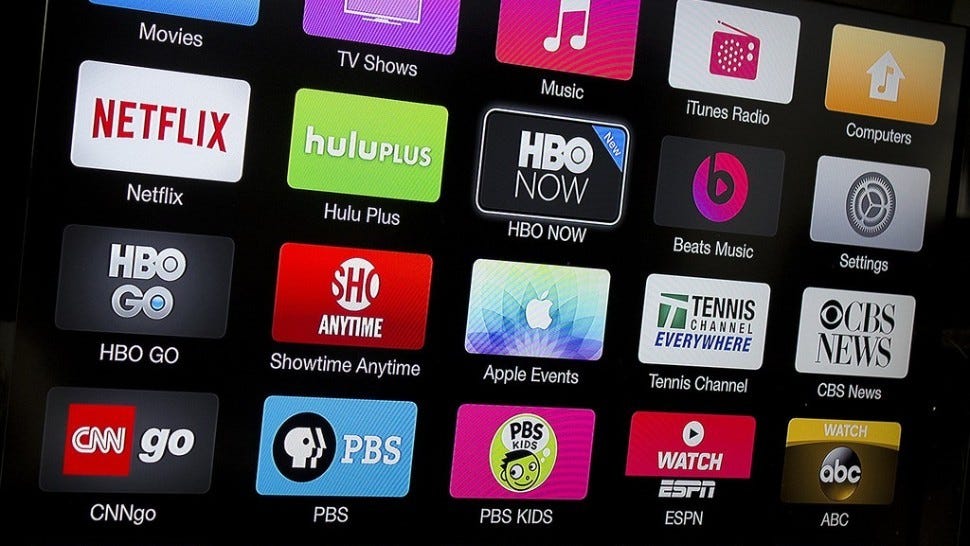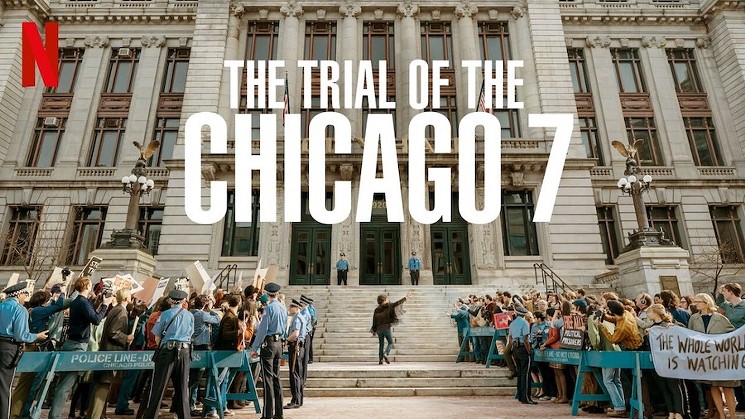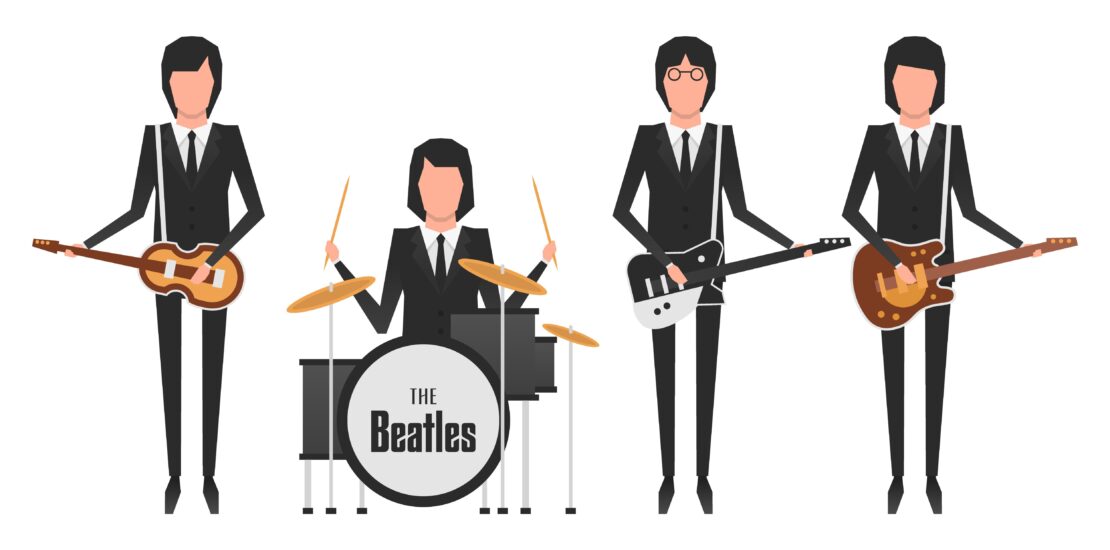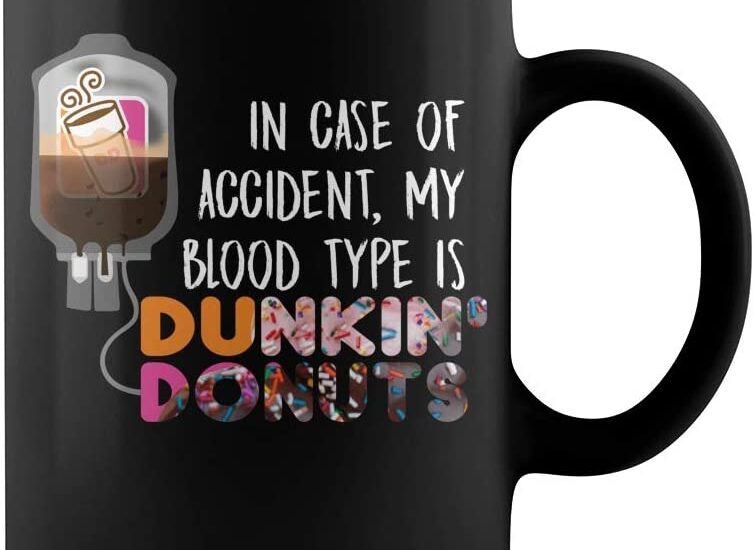selling tips
-
The Difference Between CyberThieves, Hackers and Most Salespeople
- February 10, 2022
- Posted by: Dave Kurlan
- Category: Understanding the Sales Force

On the one hand, I am shocked and chagrinned that the insurance company would use salespeople as a reference point for hackers. You could not possibly understand the degree to which It bothers me.
On the other hand, you and I both know that if salespeople worked as methodically, consistently, aggressively, effectively, and efficiently as the hackers do, we would double our revenue.
-
2 Questions That Will End Every Request for a Better Price
- November 15, 2021
- Posted by: Dave Kurlan
- Category: Understanding the Sales Force

What’s the point? When prospects tell you that they’re going with the lowest price, it’s total crap. They might be saying that, but are they required to do that? If they have any bottled water in the kitchen, pay for any streaming, or software then it’s simply not true. Can you say bluffing?
I don’t blame companies for trying to buy for less, but it doesn’t mean you have to sell for less, or match or beat someone’s price. They’re just saying the words and waiting to see if you’ll bite. Just about a year ago at this time, I wrote another article about selling value where I used Dunkin Donuts coffee as an example.
So what should you do when a prospect asks for a lower price?
-
New Movie Has 3 Great Lessons for Salespeople and Sales Managers
- January 18, 2021
- Posted by: Dave Kurlan
- Category: Understanding the Sales Force

Among all the product shortages we have experienced in the past ten months, there has been no shortage of crappy movies. It’s almost like the movie studios decided to release all the movies filmed in the past several years that weren’t ready for prime time and hope that people would stream them at home during the pandemic because we had watched everything else.
One exception to the crappiness of 2020 movies is The Trial of the Chicago 7. This article is not a review of the movie but it was a terrific film and worth the time to watch it. As good as this movie is, it comes with a bonus because it also provides three exceptional lessons for salespeople and sales managers. Let’s take a look!
-
2021 Challenge: Put a Little Beatles Into Your Selling!
- January 4, 2021
- Posted by: Dave Kurlan
- Category: Understanding the Sales Force

The only thing that would make the Beatles different today is technology. The sound quality would be SO much better. It wouldn’t change their songs but the songs would sound better. It wouldn’t eliminate the work they did to write the songs but they would get the songs transcribed and notated more quickly. They would still have to record their music but the recording would be digital which would make mixing much easier.
Isn’t this all pretty much the same as sales? Let’s take a run-through.
-
How a Mug of Dunkin Can Help You More Effectively Sell Value
- December 9, 2020
- Posted by: Dave Kurlan
- Category: Understanding the Sales Force

This is another Bob story. Bob was on a sales call and the prospect told him that they were looking for the lowest price. I hope you hate it when that happens. It’s a bad thing because while Bob was supposed to be selling value, a price-based conversation is transactional yet he’s supposed to be taking a consultative approach to support the value he provides. Would you like to guess what Bob did instead? Yup, he got them his best price. Ugh!
So what should Bob have done instead to turn this around and not waste everyone’s time?
-
The $225,000 Selling Mistake Most Salespeople Make
- December 7, 2020
- Posted by: Dave Kurlan
- Category: Understanding the Sales Force

While colleagues and supervisors shared their enthusiasm for this exciting moment, my first reaction was, “And why do you think this is good news?”
-
New Data Shows That Top Salespeople are 2800% Better at Disrupting the Flow
- September 18, 2019
- Posted by: Dave Kurlan
- Category: Understanding the Sales Force

Fish, rafts, kayaks, canoes, sailboats and swimmers all find much more success when they are moving with the wind or the current rather than going against it.
Unfortunately, the same isn’t necessarily true in sales.
-
Did You Know That The Beatles Taught us About Selling?
- August 26, 2019
- Posted by: Dave Kurlan
- Category: Understanding the Sales Force

While this should be a fun, end of summer article I’m guessing that you don’t actually believe that the Beatles taught us about selling.
The Beatles recorded 18 songs where the lyrics talked about selling plus I included two bonus titles by other artists to bring the total to 20!
-
Would You Like to be Selling Guns Right Now?
- February 27, 2018
- Posted by: Dave Kurlan
- Category: Understanding the Sales Force

What if you sell for a company whose products are not reliable, lack the latest and greatest features, aren’t a good fit, or don’t have competitive pricing? That would suck, wouldn’t it? What if you sell for one of America’s 20 Most Hated Companies? That would suck too. But those sales organizations are not disintegrating, their salespeople are not heading for the doors and their revenues are not in a nosedive. Most of the outrage, hate, and reputation-killing is taking place in the media, not with their customers.
-
Veteran’s Great Quote Makes News and Has Terrific Lessons for the Sales Profession
- February 21, 2017
- Posted by: Dave Kurlan
- Category: Understanding the Sales Force

I might not have nailed his quote word for word, but I’m sure I captured the gist of it. Just think of the sales lessons that can be taken from this! The short video below is from the interview and below that I will share some lessons for the sales profession.
- 1
- 2

